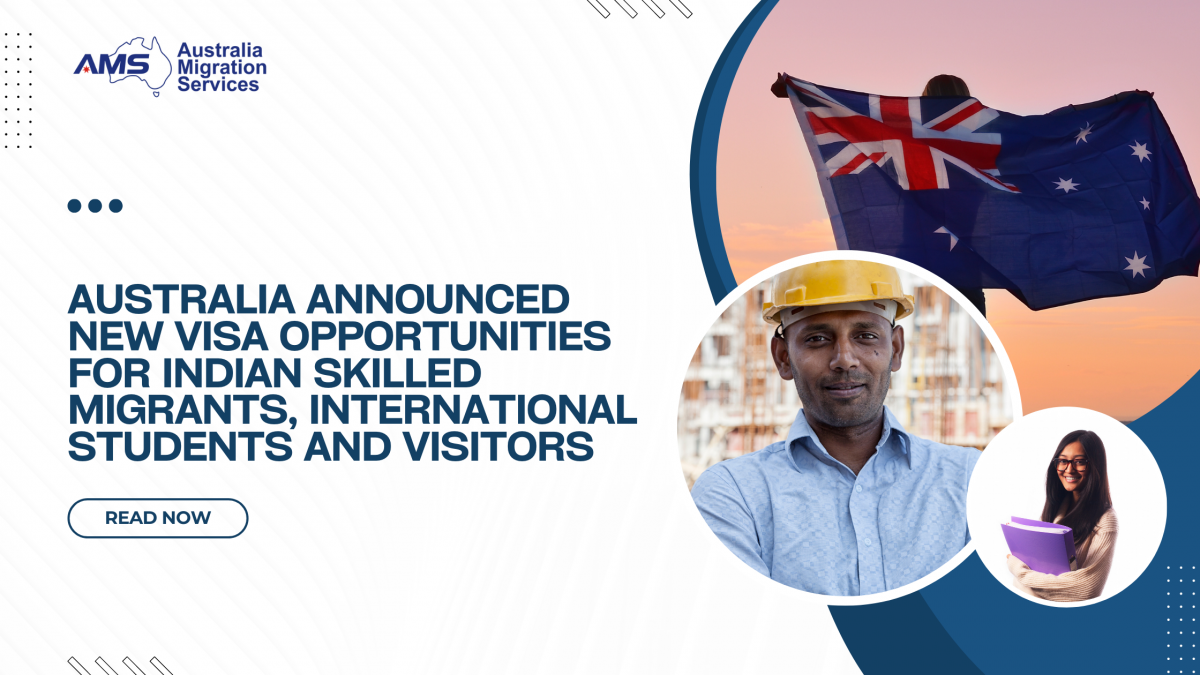The Australia-India Economic Cooperation and Trade Agreement (AI-ECTA) will provide greater mobility and immigration outcomes for people of the two democracies, which will help bind their economies together.
Post-study work rights for Indian graduates: A step in the right direction.
The new deal will give international students the opportunity to stay in Australia to work for a longer period after the completion of their studies.
- Indian students will be able to remain in Australia for 18 months after completing a diploma or trade qualification.
- For two years after you have completed your bachelor’s degree
- Three years after the master’s degree
- Up to four years after a doctoral degree
The government has announced an extension to the duration of post-study visas for Indian students graduating from First Class Honours bachelor’s degrees in Science, Technology, Engineering or Mathematics (STEM) and Information and Communications Technology (ICT).
Phil Honeywood is the CEO of the International Education Association of Australia, a council for international education. He’s also a member of a working group that has made recommendations to the Ministers for Home Affairs and Education about post-study work rights.
Honeywood said that the Albanese government intends to do everything it can to help international students stay in Australia once they graduate. This will help fill some of the chronic skills shortages the country is facing in the aftermath of the COVID-19 pandemic.
Work and Holiday visas for Indian visitors:
The Australian government has announced that it will provide India with a place in its Work and Holiday program, as part of the newer commitments coming into action under AI-ECTA.
The visa agreement with India was announced on April 2, 2022.
The DHA spokesperson said that, within two years of the ECTA’s entry into force, the proposed arrangement will be put in place.
The Australian government will give 1,000 Indian citizens ages 18 to 30 years a visa every year for a 12-month period if they meet the following eligibility criteria:
- Applicant should be a holder of an Indian Passport
- You should off offshore at the time of lodgement and grant of the visa
- Application of Lodgement should be online
- English proficiency should be on a functional level
- Completed at least two years of study in a post-secondary program; and
- Meet the health and character requirements set by the Australian government.
- Applicants must be child-free when they apply.
- Pay the visa application charge. Have enough money to travel, work, and leave Australia.
Mr Honeywood said the additional work holiday visas for young Indians will be of great benefit to the agricultural and hospitality sectors, but unlike student visas, backpackers don’t provide Australia with essential skills.
The Work and Holiday Visa is available to people from 26 countries, including China and the United States.
Opportunities for Indian chefs and yoga instructors:
The new pact will open up a host of opportunities for skilled migrants from India, particularly for qualified chefs and yoga instructors.
While Australia has agreed to provide India with new mobility outcomes under the pact, including an increase in numbers of Indian workers allowed into the country each year and faster processing times, it does not include a waiver of labour market testing.
After ECTA enters into force, current sponsorship requirements for employers wanting to hire overseas workers will remain in place.
Other improved prospects for the education and professional sectors:
To promote two-way mobility, Australia and India have also agreed to introduce a framework for mutual recognition of professional qualifications, licensing and registration procedures between the countries’ professional services bodies. This means that professionals from both countries will be recognized seamlessly at their work destinations.
Until now, professionals in different countries have had to go through various approval processes and sit for tests in order to practice their profession.
The framework is slated for implementation in 2023.





